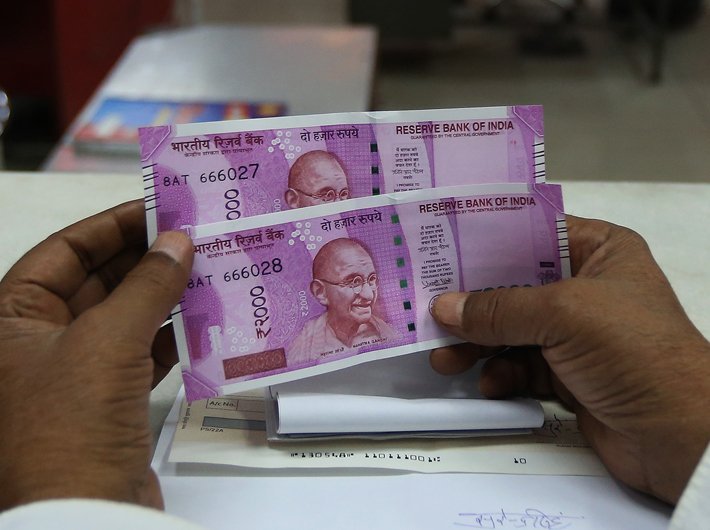Income Tax department had raised exaggerated demands to achieve its revenue collection targets by resorting to methods that were irregular and unwarranted, said CAG
There has been persistent and pervasive irregularities in respect of corporation tax and income tax assessments cases over the years, noted a CAG report.
The report said that recurrence of such irregularities, despite being pointed out repeatedly in the earlier audit reports points to structural weaknesses on the part of department as well as the absence of appropriate institutional mechanisms to address this. Such irregularities were particularly noticeable in the assessment charges in Maharashtra and Delhi.
The report includes only 457 high value cases reported to the ministry. “Out of these, we received replies in respect of 269 cases as on October 31, 2017, of which, 243 cases (90.3 percent) were accepted and 26 cases not accepted. In remaining cases the ministry/ ITD did not furnish replies.
“In the last five years, the ITD recovered Rs 4,951.51 crore from demands raised to rectify the errors in assessments that we had pointed out. There are 49,436 cases involving revenue effect of Rs 0.87 lakh crore pointed in audit which are remaining unsettled as of March 31, 2017 for want of replies from the ITD. During FY 2016-17, 2,243 cases with tax effect of Rs 1,637.81 crore became time-barred for initiating any remedial action,” said the report.
The CAG report added: “We pointed out that the ITD had raised exaggerated demands to achieve its revenue collection targets by resorting to methods that were irregular and unwarranted. The demands so collected were refunded in the next financial year along with the interest under section 244A, which eventually put a heavy burden on the exchequer in the form of avoidable interest paid on refunds.”
“We pointed out that ITD did not adopt a uniform approach to deal with the cases of fictitious donations or bogus purchases. The AOs did not take cognizance of reports of the Investigation Wing and failed to initiate necessary follow up actions by disallowing the amounts of the fictitious donations or bogus purchases which resulted in loss of revenue,” it said.
The CAG audited 17,097 appeal cases produced by the ITD and found irregularities in 2,203 cases involving tax effect of Rs 549.56 crore related to noncompliance of the provisions of the Act/Rules/CBDT circulars etc. Such irregularities accounted for more than 12 percent of total cases audited. We pointed out admission of appeals by the CIT (Appeals) ignoring the precondition of payment of tax by the assessee, besides pointing out other violations of rules noticed.
The report went on to say that the direct taxes receipts of union government in FY 2016-17 amounted to Rs 8,49,801 crore grew by 14.5 percent over the FY 2015-16 (' 7,42,012 crore). Direct Taxes represented 5.6 percent of the GDP in FY 2016-17. Share of direct taxes in gross tax revenue decreased to 49.5 percent in FY 2016-17 from 51.0 percent in FY 2015-16.
The number of non-corporate assessees increased from 3.98 crore in FY 2015-16 to 4.37 crore in FY 2016-17, registering an increase of 9.8 per cent. The number of corporate assessees increased from 6.9 lakh in FY 2015-16 to 7.1 lakh in FY 2016-17, registering an increase of 3.6 per cent.
Out of total 9.2 lakh scrutiny assessment cases, the Income Tax Department had disposed off 4.0 lakh cases (44.0 per cent) in FY 2016-17. The disposal rate was 48.1 per cent last year.
The CAG report said that there has been significant reduction in the pendency of direct refund cases over the years from 28.9 per cent in FY 2012-13 to only 10.7 per cent in FY 2016-17.
The arrears of demand increased from Rs 8.2 lakh crore in FY 2015-16 to Rs 10.4 lakh crore in FY 2016-17. The department indicated that more than 98.6 percent of uncollected demand would be difficult to recover.
Read the full CAG report here
